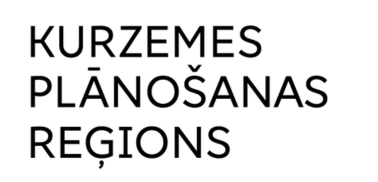Project goals
The project overall objective is to increase number of visitors to the Program area through developing and promoting two joint cross-border nature long distance hiking trails crossing Latvia and Lithuania. Project partners expect at least 5% increase in overnight stays in rural areas within a year after the hiking trails are developed and launched through marketing and promotion activities.
Expected project results
The Forest Trail in Latvia and Lithuania, and The Baltic Coastal Hiking Route in Lithuania will be developed and promoted. Both will link with the existing long distance hiking trails in Latvia and Estonia filling the gap in long distance hiking trail network. Common trail titles and marking systems will be used.
The Forest Trail will be linked with the Forest Trail Riga-Tallinn being currently developed under the Central Baltic program project No. 779 ‘Long distance cross border hiking trail ‘The Forest Trail”. Both trails will fill the gap in the E11 route of the European long distance hiking trail network by ERA – European Ramblers’ Association. The total length of the Forest Trail in all three Baltic States would be ca 2000km.
The Baltic Coastal Hiking Route will start from LV/LT border and it will go for ca174 km in Lithuania. The route will expand the present Coastal Hiking Route Tallinn – Riga – Nida village (in LV) that has been developed under EST-LAT program project No. 22 ‘Coastal Hiking Route along the Baltic Sea Coastline in Latvia and Estonia’. Lithuania is the only gap for the European long distance route E9 now. With Lithuania added, the Baltic Coastal Route will cover all three Baltic States and will be ca 1374 km long.
Maps and tourism guides will be developed to promote the routes. Information will be available also on the route websites.
Total projects size is 788 104, 45 EUR. Out of them co-funding of European Regional Development Fund is 669 888, 76 EUR.
Project home page: www.baltictrails.eu
Programme website: www.latlit.eu
Official EU website: www.europa.eu

This publication has been produced with the financial assistance of the European Union. The contents of this publication are the sole responsibility of Latvian Country Tourism Association “Lauku Celotajs” and can under no circumstances be regarded as reflecting the position of the European Union.


